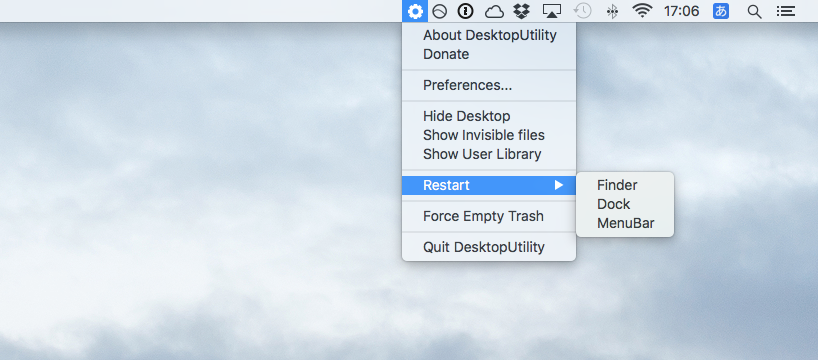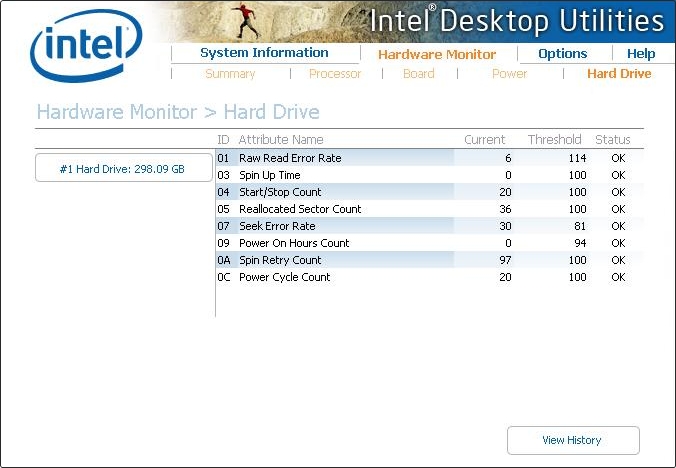


Using IDU has several advantages over transferring files using operating system commands: The files are formatted and named according to the requirements of the platform on which the files will be unpackaged.įor example, to move all of the files in a folder (or an entire QuickSilver desktop) from a UNIX or VMS workstation to a PC, you could use IDU to package the files on the UNIX workstation and use it again to unpackage them on the PC.Īlternatively, you could package, transfer, and unpackage the files simultaneously. IDU packages one or more files into a single binary file that can be unpackaged on another workstation.
#Desktoputility software
NOTE: You should already be familiar with the Interleaf publishing software before using IDU. (UNIX) If your file does not have the standard QuickSilver file extension, the software adds one during the file transfer. To transfer files between workstations, you need a communications program such as uucp, rcp, ftp, or NFS. The file(s) can then be transferred to another workstation using the new platform.Īlthough IDU provides some limited communications capabilities on platforms that support TCP/IP, it does not transfer files from one workstation to another. Using the Interleaf Desktop Utility (IDU), you can convert QuickSilver files or an entire QuickSilver desktop for use on a different platform.


 0 kommentar(er)
0 kommentar(er)
